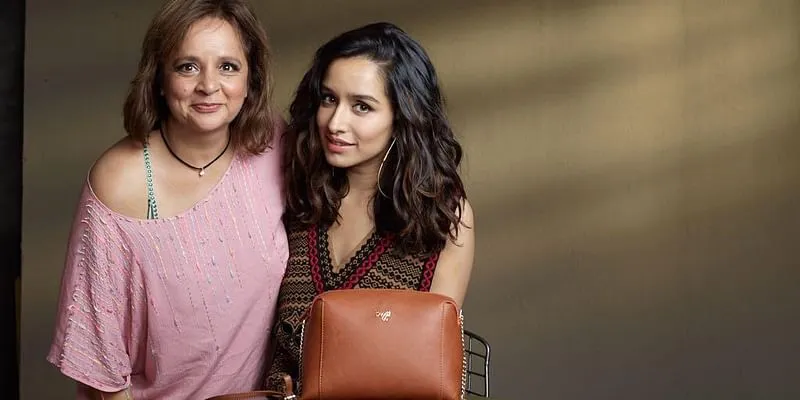Desi vs videshi: 4 Indian handbag brands giving international players a run for their money
Brands like Da Milano, Hidesign, Baggit, and Inc.5 have carved a niche for themselves in the Indian market.
The women’s handbag market in India sure has folks loosening their purse strings. Thanks to the numerous brands that feed on trends, and offer the most fashionable choices to their customers.
A Technavio report states that the handbags market in India has the potential to grow by $207.51 million during 2021-2025, and the market’s growth momentum will accelerate at a CAGR of 4.90 percent.
With new trends falling in place, there's no better reason for the market to keep growing. However, many entrepreneurs in the segment believe the Indian handbags market is still unexplored, and luxury brands, in particular, are sure to stand to gain from the millennial generation’s obsession with accessories.
Speaking to SMBStory, Sahil Malik from Da Milano; Nina Lekhi, Co-founder of Baggit; and Rozmin Virji from Inc.5 spilled the beans on the latest trend. Puducherry-based Hidesign, founded by Dilip Kapur, has made huge strides in the handbags industry, winning over international players as well.

Dilip Kapur with Hidesign bags in the background
Rozmin tells SMBStory that consumers now are more evolved than they were a couple of years ago, and the pandemic has reinstated the concept of ‘value for money’.
“One of the things we witnessed among buyers at Inc.5 is that they are conscious about global trends, and discerning when it comes to making choices. They often opt for products that are versatile and can be used for multiple occasions," Rozmin adds.
Nina of Baggit underpins this ‘conscious buying’ trend, expressing that people are more aware of their social responsibilities and are moving away from frivolous fast fashion trends to a more classic fashion mode where it's not about refreshing your wardrobe every season, but about owning products that last longer.
The luxury segment in the Indian women’s handbags market has long been dominated by international brands like Aldo, Steve Madden, Charles & Keith, H&M, Zara etc. However, the presiding trend the entrepreneurs see is the demand for durable, fashionable, high-quality products that are better priced.
Sahil says that Da Milano has seen a surge in demand even amidst international brands, given that they are providing quality products at affordable price points compared to international players.
How are Indian brands placing themselves
Leather bags and accessories brand, Hidesign, was born out of a need to be different from the uniform and synthetic flatness of leather bags in the mass market.
Dilip’s rebellion against mass production meant his first market was small alternative stores in the US, the UK, and Australia.
“Accessories have evolved from being functional to making a fashion statement,” Dilip said in an interaction with YourStory last year.
Hidesign has now evolved from a leather goods maker into a lifestyle brand with a presence in exclusive stores, airport stores, shop-in-shops, multi-brand outlets, and ecommerce platforms. It claims its presence in more than 102 exclusive brand outlets, and over 112 large format departmental stores.
According to Sahil, India didn’t have any premium women’s handbag brand stores for a long time. Consumers had to rely on international companies to meet their desire to have a luxury handbag.
“A designer handbag store was a sight alien to India, and this is where Da Milano made a difference.”
Da Milano, which was started in 2000 today has 75 stores including 15 airport stores, and has clocked a turnover of Rs 143 crore in FY 19-20. Sahil says while his stores are located across India, his customers are mainly from the north and east India.
Made in India
The Vocal for Local movement and ‘Made in India’ sentiments have further leveraged the demand of Indian handbag brands.
“The pandemic created a tailwind, and imports became costlier. Skirmishes with China also created support for local brands, and the emotional boycott of products sourced from China further helped,” says Nina.

Nina Lekhi with Shradha Kapoor showcasing Baggit bag
She adds that Baggit is a 100 percent local product that has worked quite well, and needs to spread across other markets outside India. The advent of online channels of distribution is making this prospect more probable.
In a year or so, Nina looks to sell Baggit across international markets largely on digital platforms supported by smarter investments in social media and digital marketing in those countries.
“The best way to compete with foreign brands is to take the battle to their domestic markets where we tie them up in their home ground so we can protect our turf in the Indian market,” she quips.
Edited by Anju Narayanan









